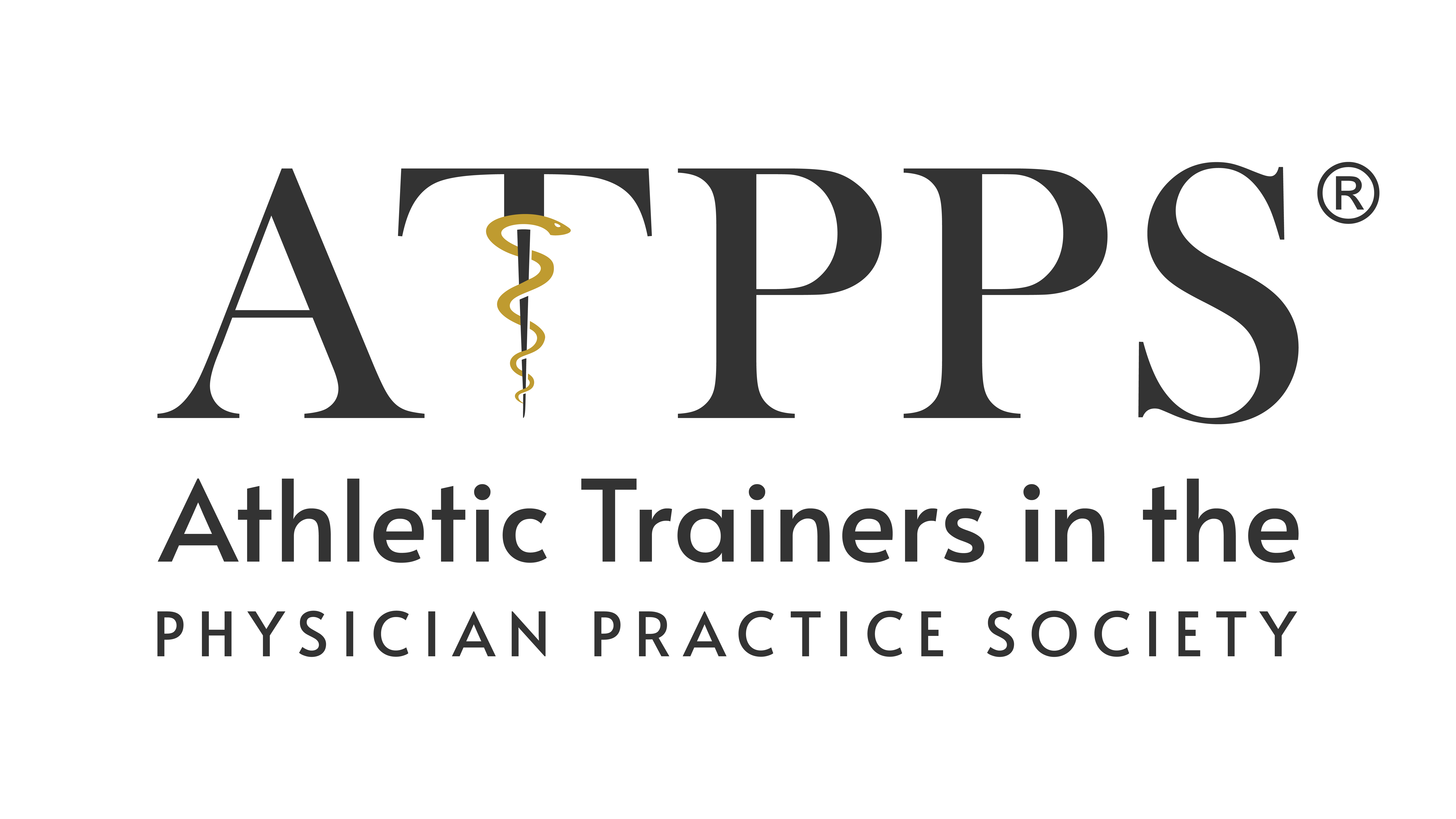Finding Balance by Tara Soprano MS, LAT, ATC

Recently during an interview with DAT students I was asked how I balance my career, my various committee appointments, and my personal life. “I don’t” I replied. The answer resulted in a brief silence from the group. I went on to explain that work life balance is not something I have right now. That some weeks I dedicate more time to my committee roles than others. On occasion my job keeps me at the office for multiple twelve hour days in a week and I am not best suited for answering emails past 10pm. I’ve spent countless dinners on a conference call speaking into my headphones instead of to my boyfriend across the table. “You are bringing your computer?” my boyfriend asks as we leave for my college roommate’s wedding back in Philadelphia. “I have to work on the plane” I reply. This is not balance but it is real.
The idea of work life balance is a hot topic especially among young professionals (YP). YPs are in a perfect storm scenario for what the World Health Organization (WHO) now classifies as burn out. A few years of experience in the work force you have probably found a direction to pursue. You have added responsibilities and are looking to move up the ladder. Employers love committed employees who work long hours right? What better way to show your dedication than answer emails on your vacation day! Next up is your interest in your profession. You may also have gotten involved at the state, district, national level or with societies and organizations. And what about your personal life? Did you use all your vacation days last year? The notion of getting ahead in your career can leave YPs feeling like they are constantly falling behind.

Without some type of balance, whatever that looks like to you at this time, something will have to give. My advice to the DAT students was to set up simple boundaries. For example, I do not answer work emails after 6pm during the week and only respond to urgent emails over the weekend. I have communicated this to my team and it has worked for us. I have recently instituted a “Work Free Saturday” where I spend time with my boyfriend, friends, and dogs and not checking any email, even personal email. These strategies aren’t perfect but a work in progress. What are your suggestions for finding balance amidst the “storm” in your life?

For me, it is helpful to identify and prioritize my tasks. For example, what needs to get done now or can get done now (simple things to check off) vs. what needs to get done in a few days, week, month, etc. I feel better about letting things sit for a while if I have determined that it isn’t urgent. At first it was hard because I really like the feeling of everything being complete, but over time I have been able to become more comfortable with leaving some things for later and realized that I was going to burn out if I kept treating everything as urgent. Setting boundaries is not something to feel guilty about, although in our work culture this can be difficult as we may feel that we are letting down coworkers, patients, etc. I think the strategies you are trying are great ways to help with work/life balance!
This article is the epitome of what it looks like to be a young professional especially in healthcare/athletic training where respect is earned, not given. Obviously there is the “formal” definition of young professional placed by the NATA (0-10 yrs of experience) but individuals decide what they are passionate about or their career goals are. This can lead to long working hours of BOTH our employment positions and also motivated servantship to the AT profession.
So yes, finding work life balance is a never ending roller coaster. Sometimes we feel we are close to achieving it and other times, we feel like we are barely holding on. This is normal and it comes with the territory of being a motivated, driven, and humble professional.
Although I am as guilty of not being balanced as anyone, I try seek it in a few different ways:
1. Putting my phone on silent when I am with my immediate family and/or friends. At that time, you are truly with the most important people. If you are on call or need to be able to answer a call/text in emergency, add those phone numbers to a favorites list that give notifications when your phone is on silent or in “do not disturb” mode.
2. Take email notifications off your phone. Depending on your situation or work environment, the most important messages often come by call or text. This will alleviate the 20-50+ new distractions you get daily whether work or personal email.
3. Check email only a certain amount of times during the day at scheduled times instead of 100+ times per day.
4. Ask your most important family and friends to help you by telling you when you are on your phone or computer too much.
Thanks for a great blog post Tara!